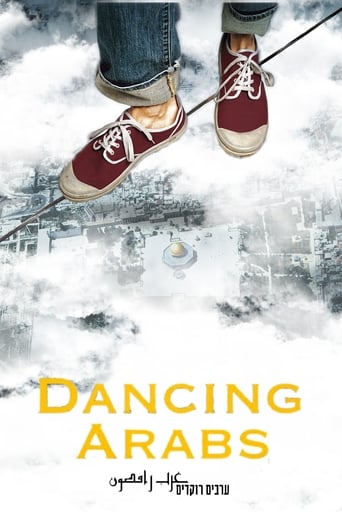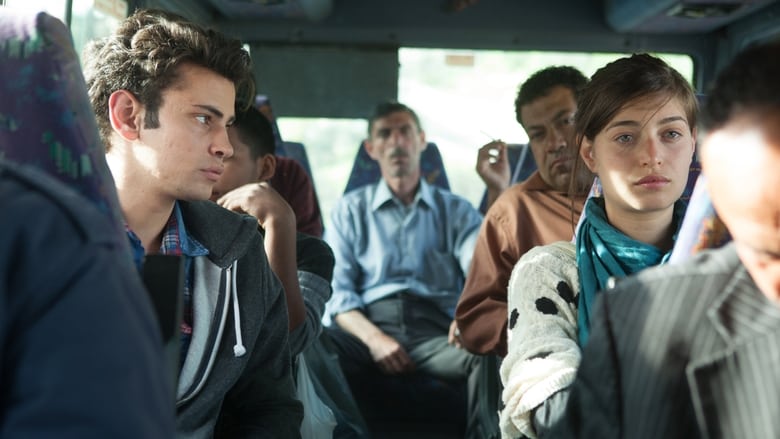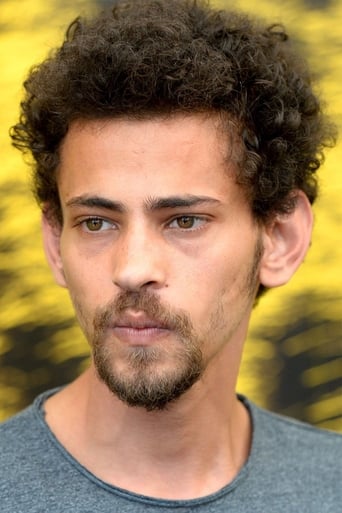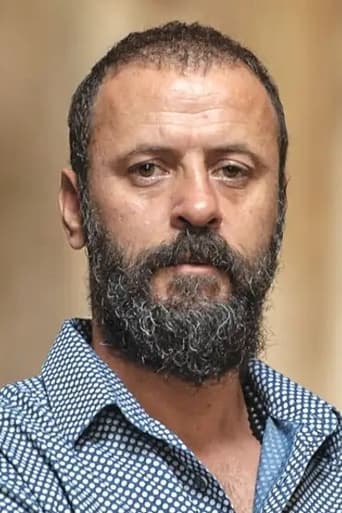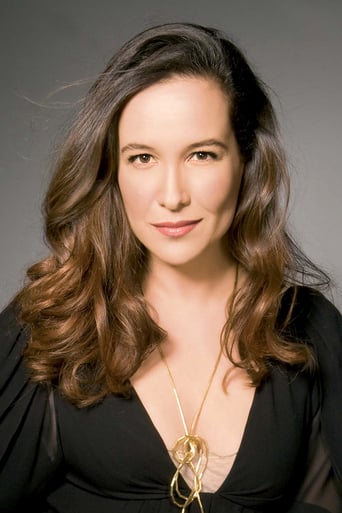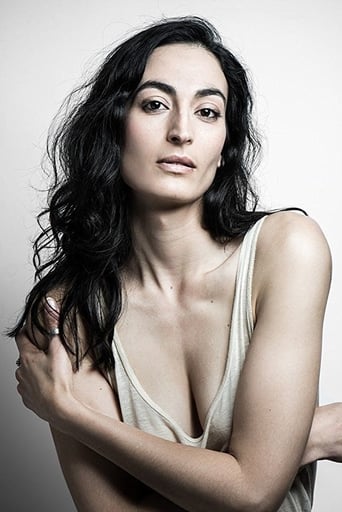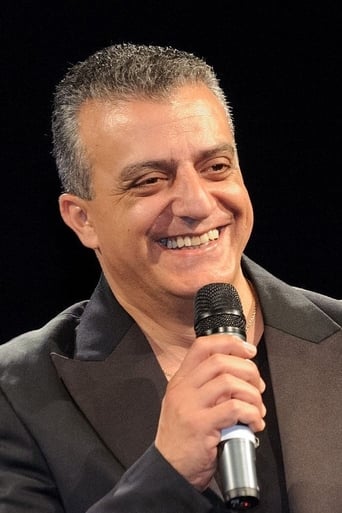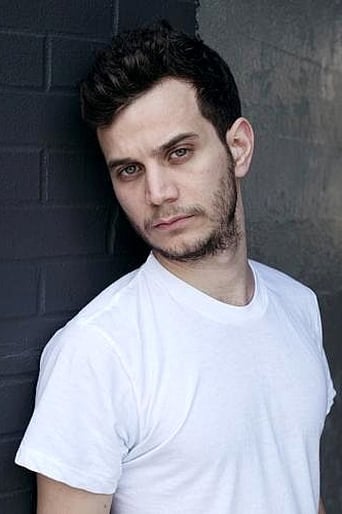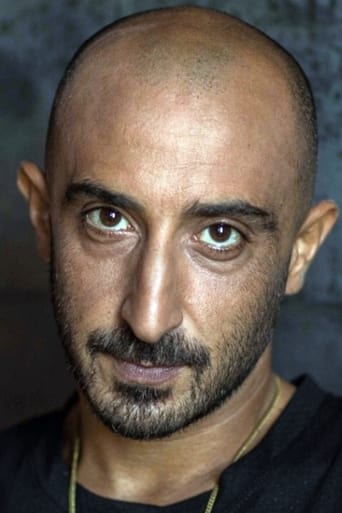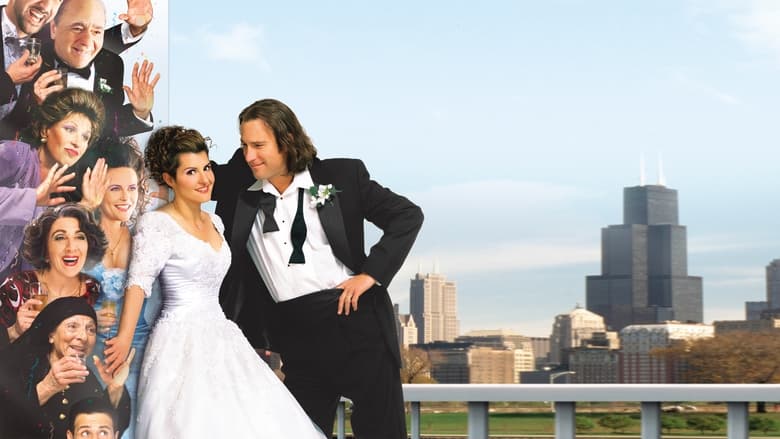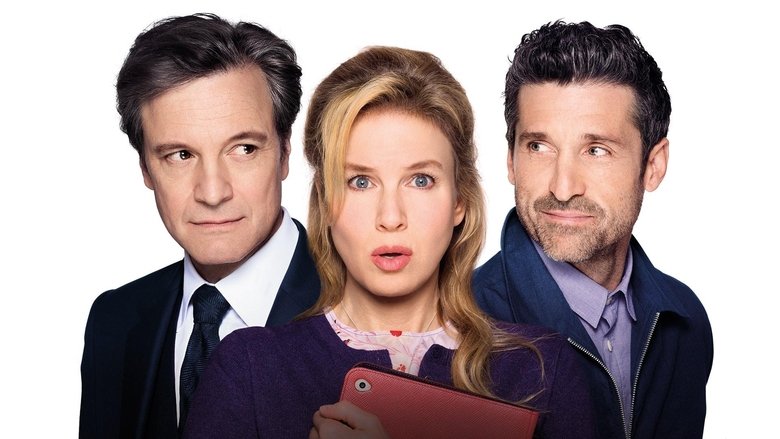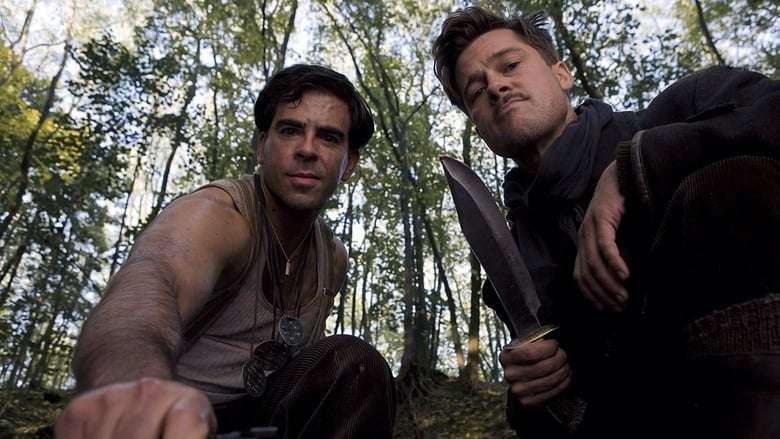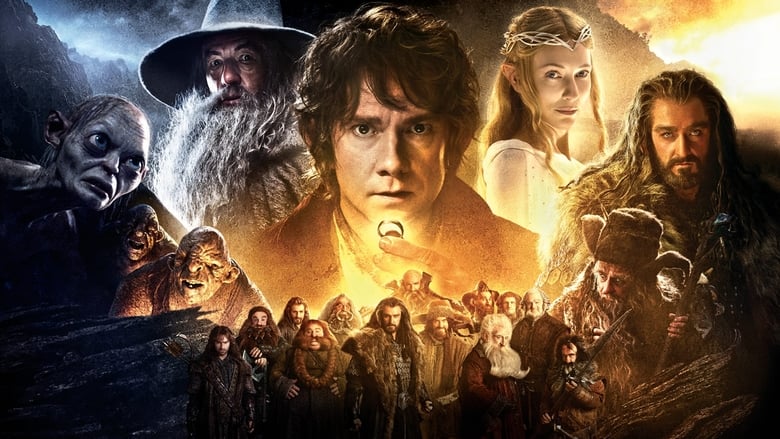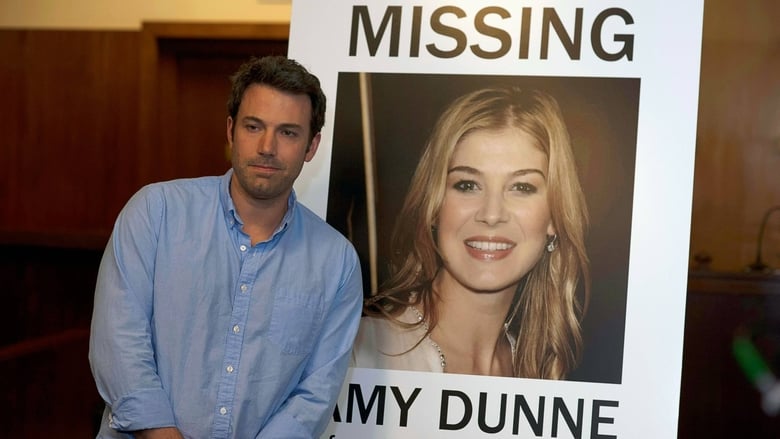A young Arab is caught between cultures as he is sent to a prestigious Jewish boarding school in Israel in the 1980s.


Similar titles
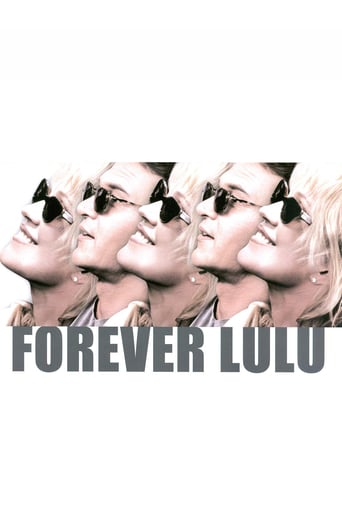
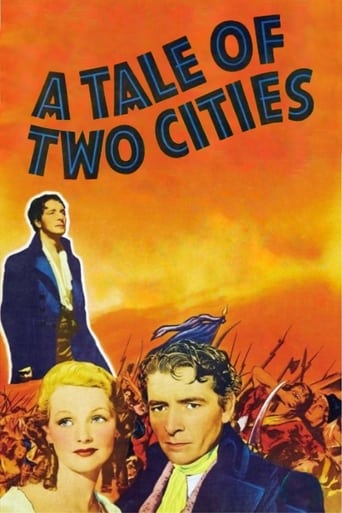
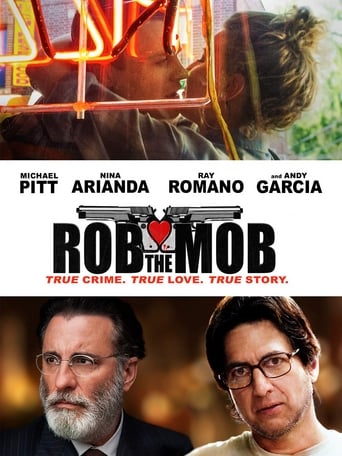
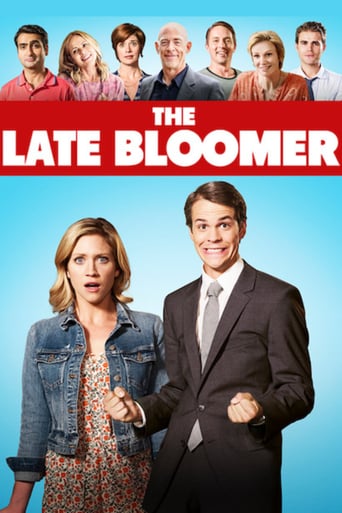
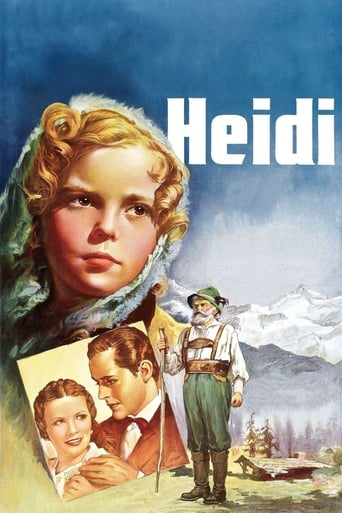

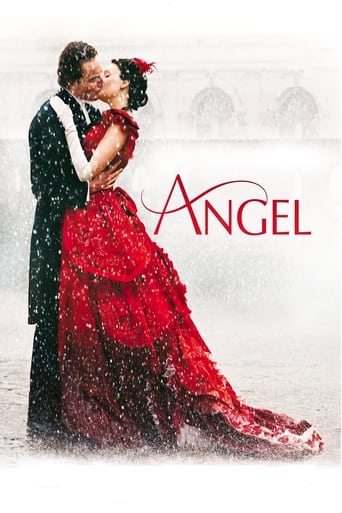
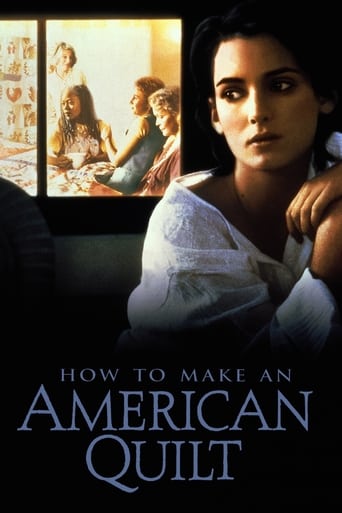
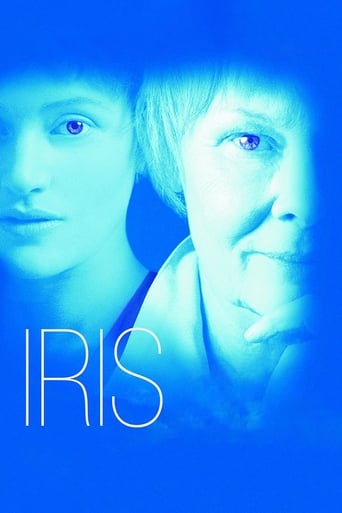
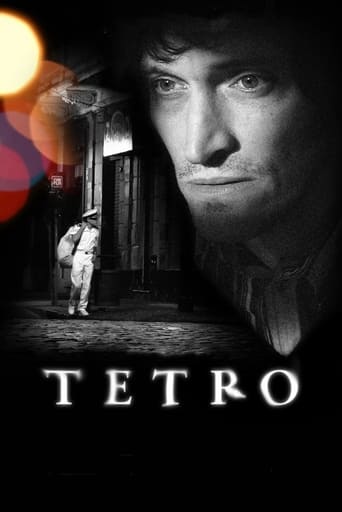
Reviews
Making a film in Israel with Palestinians is problematic. After all, the film could be seen as either too pro-Jewish or too pro- Palestinian by some and as a result, lose a major portion of the potential audience. However, "A Borrowed Identity" manages to create a story that both sides of the ideological perspective could appreciate and enjoy.The story is about a Palestinian boy, Eyad. You see him grow to his teen years through the first portion of the film and he's so bright that he's offered admission to the best school in Israel--and he'll be the only Palestinian in an otherwise all Jewish program. The film follows the young man through high school from his early awkward time to acceptance by his peers until he ultimately does something a Palestinian isn't supposed to do--fall in love with a Jewish girl. At first, things look great for Eyad and his girlfriend, Naomi. However, she is hesitant to tell her parents about her boyfriend and he's also hesitant to tell his family as well. When he loses her over this, he decides on another path...and it involves pretending to be Jewish so that his life will be easier.There is a lot to like about this film as is touches on some divisive topics. It's not just the Palestinian/Jewish conflict but there's also a subplot involving quality of life issues for a friend of Eyad. Yonathan has Multiple Sclerosis and through the course of the movie, he becomes less and less functional until he's just a shell of who he once was. All of this makes for a fascinating film that I enjoyed and which was mostly well crafted. I say mostly because Eyad was played so incredibly detached and non-emotive through so much of the film--a bit too much for me, as this tended to make him seem less real. But the good far outweighs the bad with this one and it's a film that is totally unique and captivating.
Eran Riklis in collaboration with gifted writer Sayed Kashua has brought to the screen a thoughtful and riveting film based on Kashua's 'Dancing Arabs'. Released in North America as 'A Borrowed Identity', it unfortunately is shown only in select art houses, to a limited audience. 'Borrowed Identity' has come on to the American scene at a time of racial and ethnic tension, which in the US context is a reflection of the strain in defining who and what a person is. Kashua's script is informed in the ongoing debate in Israel for its Arab citizens of what its means to be an Israeli, at a time of rabid Jewish nationalism: at a time when the degenerative Zionist elite dreams of expelling 20 percent of Israel's population, i.e., Arabs of the right of citizenship. 'A Borrowed Identity', in a Hegelian trope, in a rude dialectic informs us that the only way Eyad, a gifted Arab Israeli, can find complete fulfillment in Israel is to become a Jew by assuming the identity of Jonathan, his doppelganger, who dies after a long bout of muscular dystrophy, with the complicity of the deceased Israeli's mother. Riklis' film should strike a chord in America in the light of the Rachel Dozeal brouhaha, whereby a white woman passes as black. The connection is problematic? And the climate in the US is hardly welcoming for understanding the plight of Arab citizens of Israel, who, as it turns out, are 'les negres d' Israel'. There is nothing to fault in the probing eye of Riklis' camera. Yael Abecassis is as ever the embodiment of discernment as Jonathan's mother, the young Tawfeek Barhom has a shrewd understanding of the film's protagonist Eyad; he infuses his character with a delicate understanding of the transformation of what Hegel calls the alter ego and then becoming Jonathan. However the love angle is predictable, but creditable, and shows the limits of Israeli liberalism. Above all, the talents of Riklis and Kashua have produced a film worthy of prizes, which the hands of less talented artists would render 'Dancing Arabs' cartoon like if not soppy in sentimentality.
According to a 2013 census, 20.7% of Israel's population are Israeli Arabs, citizens of Israel who consider themselves Palestinian by nationality. The problems that arise from these conflicting allegiances are dramatized in Avram Riklis'("Zaytoun") film Dancing Arabs, a title that denotes those who have to straddle two cultures and "dance at two weddings." Based on the semi-autobiographical novel by Sayed Kashua (who also wrote the script), Dancing Arabs, known also as "A Borrowed Identity," was the opening film of the Jerusalem Film Festival in July 2014 and was scheduled to be released immediately, but was held back until now because of the war in Gaza.The film, however, is not designed to stir up ethnic animosity but is rather a heartfelt coming-of-age story that transcends cultural barriers. Set in Tira, a predominantly Arab city in the Southern Triangle near the West Bank, the film begins in the 1980s. Eyad (Razi Gabareen), a brilliant young boy is praised by his father Salah (Ali Suliman, "Flying Home") who recognizes his potential to achieve more than he did in his life. Salah himself attended university in Jerusalem but, after serving jail time because of political activity supporting the Arab cause, now works as a fruit picker. When the class is asked in school what their fathers do for a living, Eyad says repeatedly that his father is a terrorist and refuses to change his mind even when he is hit repeatedly on the hands by the teacher, demanding he say that he is a fruit picker. When Eyad (now played by Tawfeek Barhom, "Farewell Bagdhad") is of age he is sent to a Jerusalem boarding school where his experience of trying to fit in becomes the centerpiece of the film. As the only Arab among Jews, he is an outsider who must learn to speak a new language, study a curriculum weighted against the Arab point of view, and put up with teasing by bullies. His difficulty with language is suggested by a scene in which Eyad pronounces the name of a rock band "Deeb Burble," because, unlike in Hebrew, there's no "p" in Arabic. As time passes, things begin to improve. One of the best scenes in the film is Eyad's eloquence in a literature class, angrily pointing out Israeli literature's inherent bias toward Arab characters, a courageous statement that even wins the plaudits of some Jewish classmates. Further, when an attractive, free-spirited classmate, Naomi (Daniel Kitsis, "S#x Acts"), takes an interest in him, they begin a relationship that grows deeper in spite of its being frowned on by society and both sets of parents.As part of Eyad's community service requirement, he works with Yonatan (Michael Moshonov, "Policeman") a wheel-chair bound victim of Muscular Dystrophy who loves alternative rock and has a wicked sense of humor. Yonatan's mother Edna (Yael Abecassis, "That Lovely Girl") welcomes Eyad into her home not only for her Yonatan's benefit but because she genuinely likes him. Yonatan can relate to Eyad's feeling of being separate and apart from others, though the reason is very different. "Sometimes I forget you're an Arab," Yonatan says. "Me too," replies Eyad. "Don't worry," his friend responds. "Someone will always remind you." Dancing Arabs is not a political film and the Arab-Israeli conflict remains marginal, only occasionally referred to when Eyad's family, mother (Laetitia Eido, "Article 23") and grandmother's (Marlene Bajali, "The Syrian Bride") instinctively pull for Saddam Hussein in the 1991 Gulf War until they realize what he is up against. The film is basically about good people trying to make the most of a bad situation and the fact that they are so alienated from each other because of cultural and ethnic differences is a sad commentary on the lack of political will on both sides. While people may expect violence in a film that deals with ethnic conflict, here there are no grand dramatic gestures that turn children into martyrs, only constant reminders of everyday barriers to a sense of belonging. Even when Eyad learns the language, repeats the Jewish version of history in school, and strives to become a model Arab Israeli citizen, he is reminded every day at checkpoints and roadblocks of his being different. The political situation in Israel has deep-seated roots and we know not to expect the issues raised in the film to easily resolve themselves, yet Riklis leaves several threads hanging and insists on a forced resolution that does not ring true. While this is a regrettable choice, it does not detract from a truly fine effort.
Eran Riklis manages a touching humanist film that should engage and expand both sides of the Arab/Jewish divide in Israel — and beyond.It follows a bright young Arab boy Eyad, whose intelligent father — consigned by his earlier political activity to a career as fruit-picker — gets him into the country's premier Jewish high school. With that family as its centre the film obviously reveals the Arabs' difficulties in the (understandably) wary Jewish country. The Arabs make up 20% of the population, so they understandably chafe at soldiers checking their IDs and teachers' snide remarks and the conviction the system is prejudiced against them. Arabs steam in the kitchen while the Jewish boys get the better paying jobs as waiters. As Eyad's father summarizes it, "We want to live in dignity." Eyad's experience broadens when a community service project leads him into a friendship with Ionathan, a Jewish boy crippled with MS. He also has an affair with a bright, pretty Jewish student, Naomi, whose parents pull her out of the school to end their contact. To enable her to return, Eyad gallantly leaves the special school and studies for his exams on his own, while working in restaurants. His father disowns him in anger and disappointment.Riklis is careful to present the Jews' perspective as well. An Arab teacher teaches the map of Palestine — denying Israel — then unrolls the Israel map when the Jewish principal enters. Eyad's father and friends are certain Saddam Hussein will repel the US attack and destroy Israel in a few days. His mother knows better. The Arabs dance on their rooftops when they see the scud missiles fired at Israel.But that image does not explain the title. As Riklis told the Palm Springs festival audience, he had two other contexts in mind. Mainly the phrase suggests the Arabs' restriction to servicing (figuratively: dancing for) the Jews, whether in the kitchens or cleaning up their mess (as Eyad more heroically does for his stricken Jewish friend). He also recalled the Jewish proverb about not being able to swing one behind at two weddings at the same time. Servant Eyad is indeed torn between two dances, the Arab and the Jewish, when he ventures beyond his enclave. At school his summary of the 1948 war is the Jewish version, unshaded, but in a later discussion of Jewish contemporary fiction he details the conventions of Arab stereotypy.The two boys' mothers provide the film's moral center. Eyad's Arab mother — who has the stereotype Jewish nose — tacitly supports her son's love affair with the Jewish girl. Her concerns give way to her love and support. Ionathan's mother embraces Eyad for the comfort and life he brings her worsening son. When Ionathan nears the end, Eyad uses his passport to assume his Jewish identity, getting a waiter's job, then opens a bank account in his name to deposit the checks. Ionathan's mother is initially disturbed to discover that ploy, but when she confronts him she immediately softens at his need and promises to keep his secret. In response Eyad writes the high school exams both in his own name and in Ionathan's, securing both their graduations with identical honours. Eyad loses his beloved grandmother. Naomi denies him to win a spot on the Special Intelligence army unit. Eyad goes to university in Berlin, returning for Ionathan's last days. Then comes the film's astonishing climax. It's completely unexpected and yet perfectly inevitable. Ionathan's mother gives her son a Muslim burial under Eyad's name, to enable Eyad to pursue his life under her son's name, freed from the stigma of being an Arab. As Eyad's mother accepted her son having a Jewish lover, Ionathan's embraced her son's Arab friend. She asks him to live with them to ease her strain. Her climactic gesture reverses but fulfills the remarkable prophecy by Golda Meir: There will not be peace until the Arabs decide they love their children more than they hate the Jews. Both boys mothers' realize that; Naomi's doesn't. The message is that peace will be impossible unless both sides abandon their traditions of hatred and war. This Jewish mother abandons her religious tradition, turns her back on the past, to ensure a better future for the next generation of Jew and Arab together. We know her feeling for her Judaism from their sabbath dinner with Eyad. So we gauge the sacrifice she makes for her son's friend. Of course, in assuming the Jewish identity Eyad also abandons his past, including his family and culture. So profound is the schism that only a break with the past will bridge it. Eyad's elementary school is visited by a fatuous presenter of some Children for Peace movement. The film's climax plays out the deeper implications of that hope.
